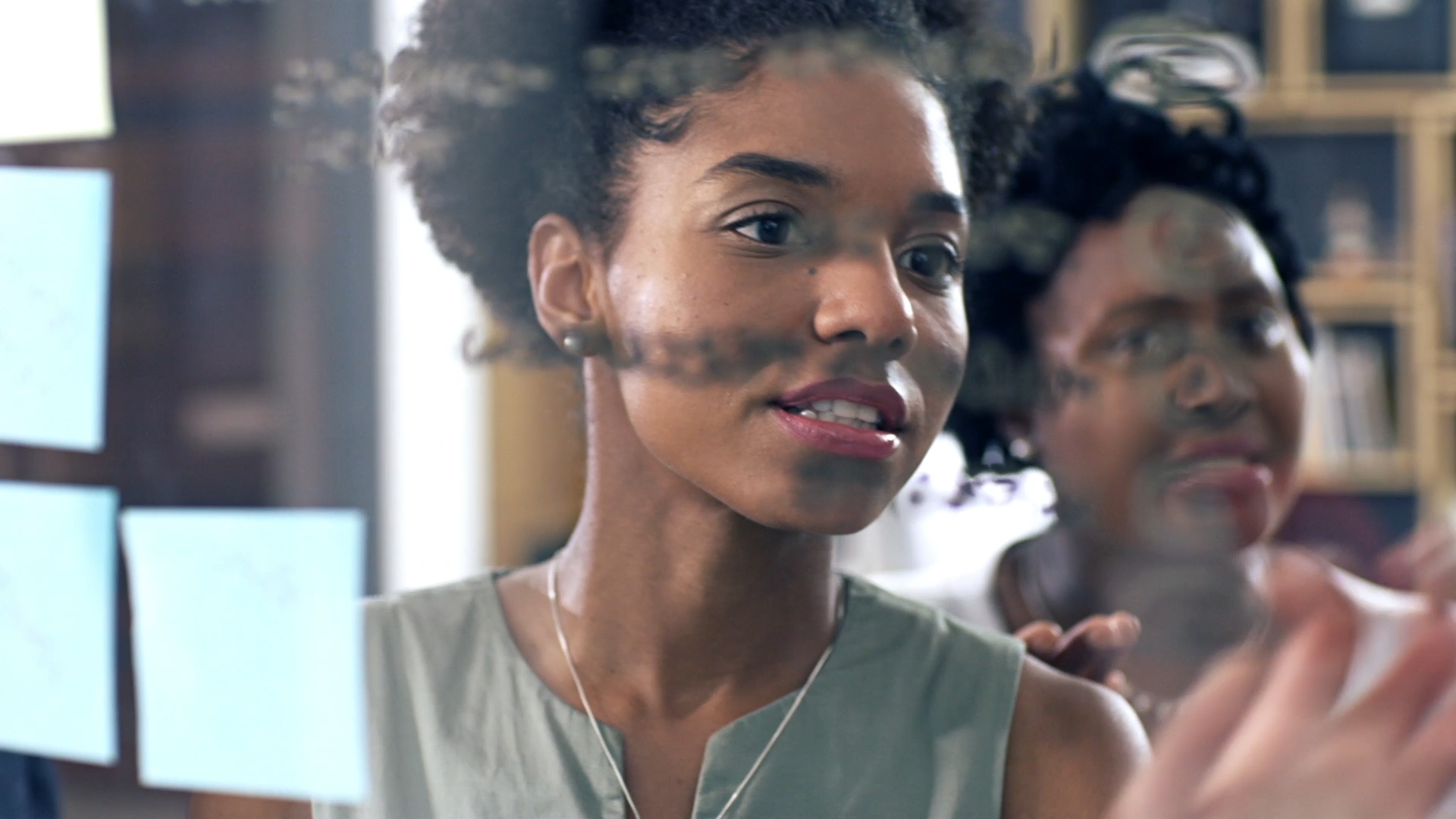For #BuildItBackBetter, NationSwell asked some of our nation’s most celebrated purpose-driven leaders how they’d build a society that is more equitable and resilient than the one we had before COVID-19. We have compiled and lightly edited their answers.
This article is part of the #BuildItBackBetter track “The Relational Era: Building a Culture of Connection, Bridging and Belonging” — presented in partnership with Einhorn Collaborative.
What does it really mean to listen?
When we meet others, are we listening for similarities or differences? Are we listening to confirm the stereotypes we hold — or to challenge them? Are we listening with an open or closed mind?
In order to build a culture of connection, bridging and belonging, we must begin listening for similarities and differences, challenging our own stereotypes of ourselves and each other and opening our minds to the possibilities that we can learn a lot from each other about what it means to be human.
At the Project for the Advancement of our Common Humanity, active listening means replacing judgement with curiosity and asking questions that allow others to reveal their common humanity. If we start from a place of curiosity and listen for what we can learn from others, we disrupt not only the stereotypes we hold of them but also the cultural ideologies that promote them. Ideologies such as patriarchy, white supremacy and unfettered capitalism that dominate American culture are premised on a hierarchy of humanness in which some humans — like rich, white men — are considered more human than others — like less wealthy people of color who do not identify as men. This hierarchy gets in the way of our capacity for empathy, mutual understanding and cooperation.
Humans are naturally empathic and interpersonally curious; we need close relationships to thrive.
Yet we live in a culture that devalues, discourages and even mocks those human capacities and needs. We value leaders for their capacity to influence other people, rather than to listen to others and learn from them. We define maturity as the ability to be self-sufficient, rather than to have mutually supportive friendships. We define success as making a lot of money rather than helping to build strong communities. We privilege stereotypically masculine qualities over those deemed feminine. We privilege thinking over feeling. We maintain dehumanizing stereotypes about each other that deaden our ability to connect across social divides. This clash between our nature and our culture is at the root of our crisis of connection, a crisis that has led to soaring rates of loneliness, depression, suicide, violence, and hate crimes, as well as income inequality, educational inequity, homelessness, and other sorts of social ills.
Thus, autonomy and independence is valued more than connection.
A critical part of the solution to the crisis is active listening, with the intent to understand rather than to confirm or to simply wait for our turn to speak. At PACH, we have been training students and faculty in middle schools, colleges and universities across the country in our practice of transformative interviewing, a method of active listening. Our Listening Project defines listening as the process of asking follow-up questions that allow others to be seen as they see themselves rather than as we stereotype them to be. The ultimate aim of PACH and of the Listening Project is to create a culture that better aligns with our nature rather than gets in the way.
We have the capacity within us to change the culture. Now is the time to build our culture back better.
Niobe Way is a professor of developmental psychology at New York University, co-editor of The Crisis of Connection: Roots, Consequences, and Solutions, and founder of the Project for the Advancement of Our Common Humanity. Crystal Clarke is director of PACH and of the Listening Project.

 "
"